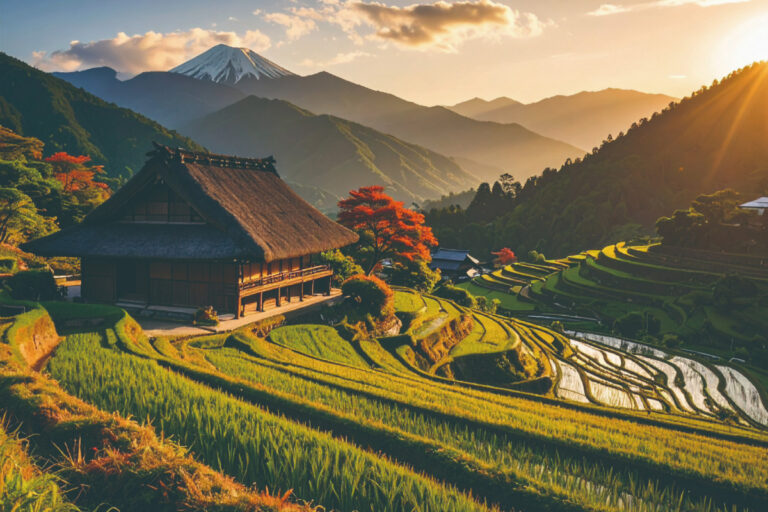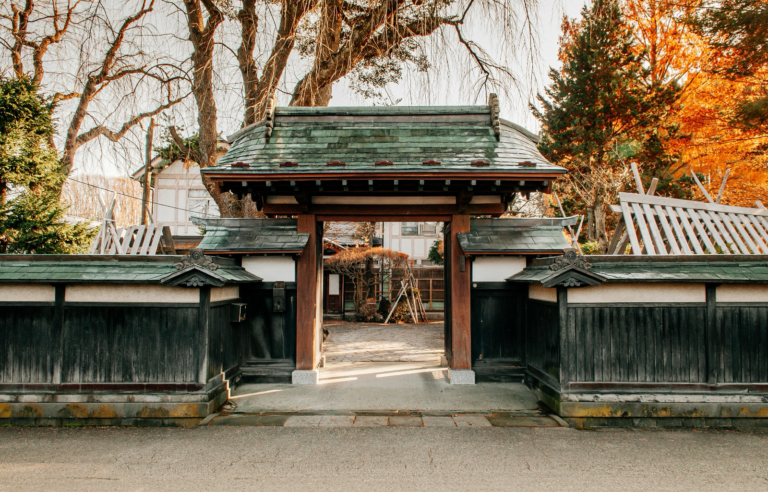Beyond the Postcard: Reimagining the Japanese Countryside
Can Japan’s countryside be more than nostalgic? This piece questions romanticized views of the inaka and explores how rural areas can become truly livable, future-ready communities.

Matt is the founder of Akiyaz, specializing in rural exploration, alternative lifestyles, and akiya, or “empty house” solutions. He also advises The Delphi Network, Centrum, Hello xLab on creative strategy and business development. Matt is originally from the US and has lived in Japan for 12 years working in a wide range of roles, most notably as the Executive Director of the Canadian Chamber of Commerce in Japan.

Can Japan’s countryside be more than nostalgic? This piece questions romanticized views of the inaka and explores how rural areas can become truly livable, future-ready communities.

With over 9 million vacant homes across Japan, akiya investment offers a unique chance to revive rural towns while securing affordable real estate

The Japanese term 空き家 (akiya) often evokes images of rural, abandoned homes sold cheaply. However, in Japan, its meaning is much broader.

While the allure of owning a piece of Japan for such low costs is undeniable, the reality is far more complex.

Investing in Japanese real estate can be rewarding, but selecting the wrong property is a serious risk that all buyers should seek to reduce—if not eliminate—in the search process.

As the real estate market evolves with changing circumstances and demographics, the availability of standalone private property continues to grow, offering buyers an increasingly broad range of options.